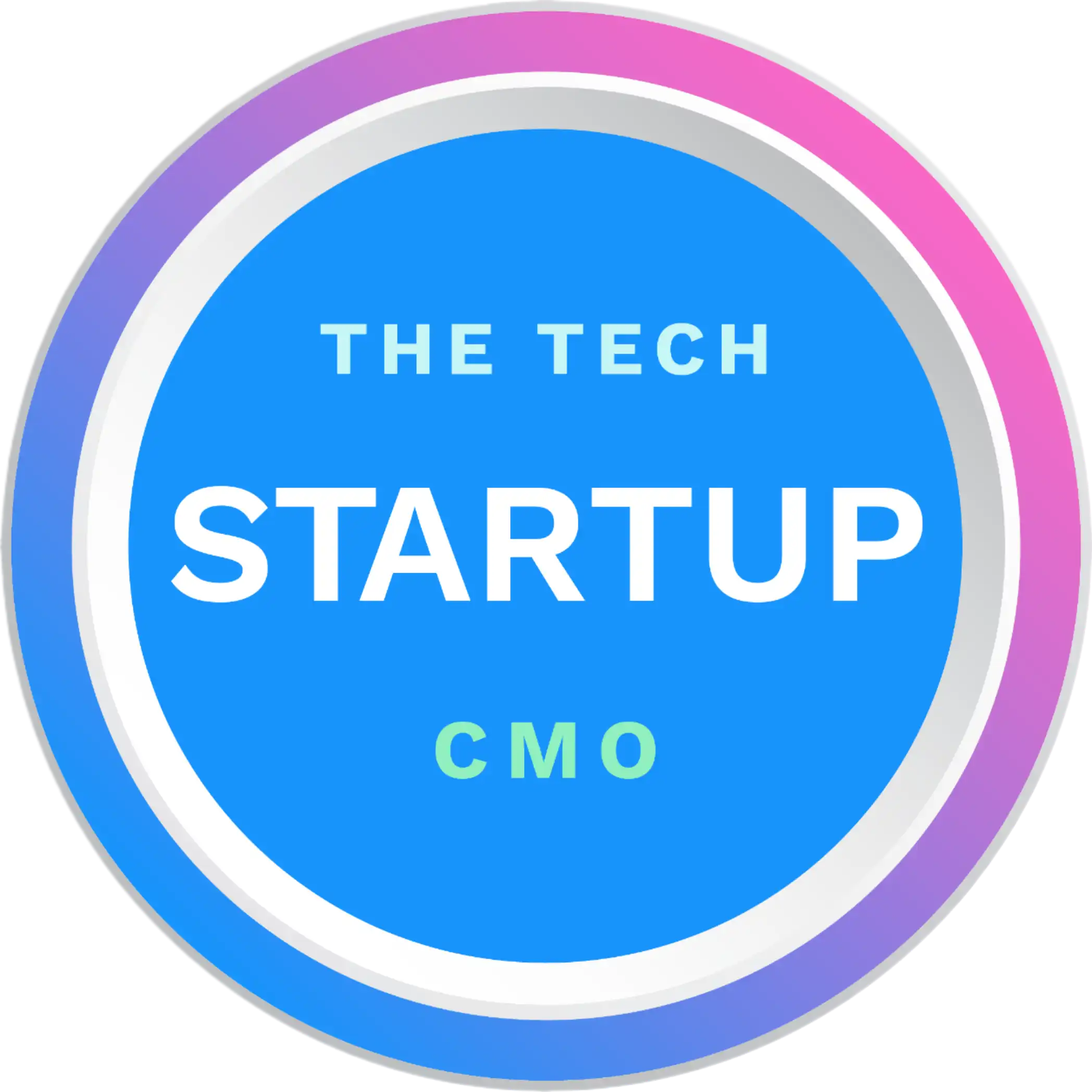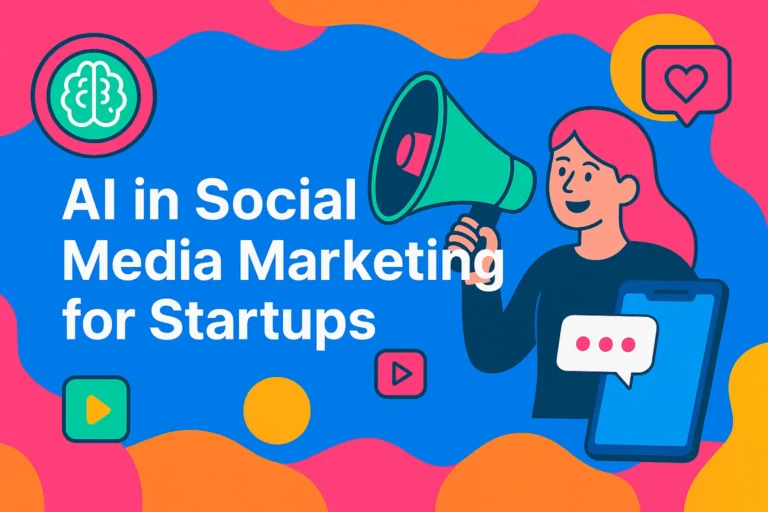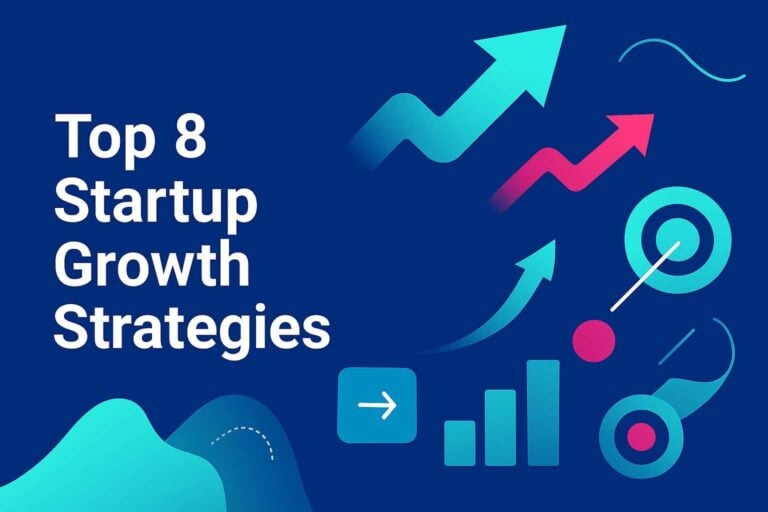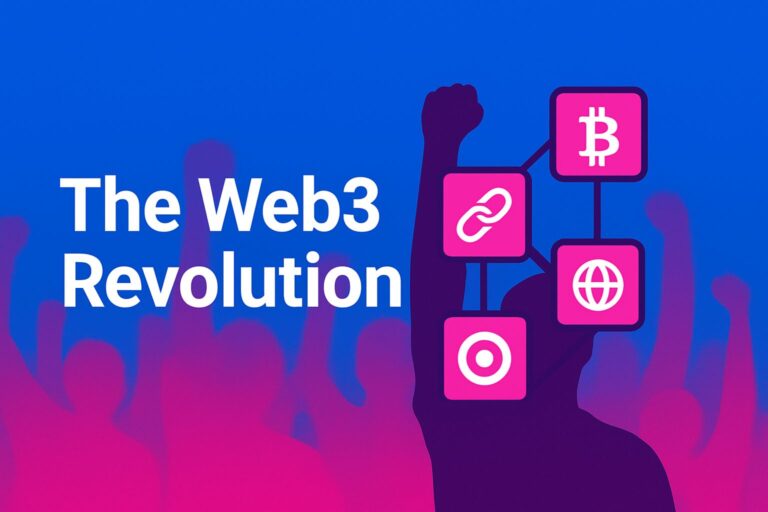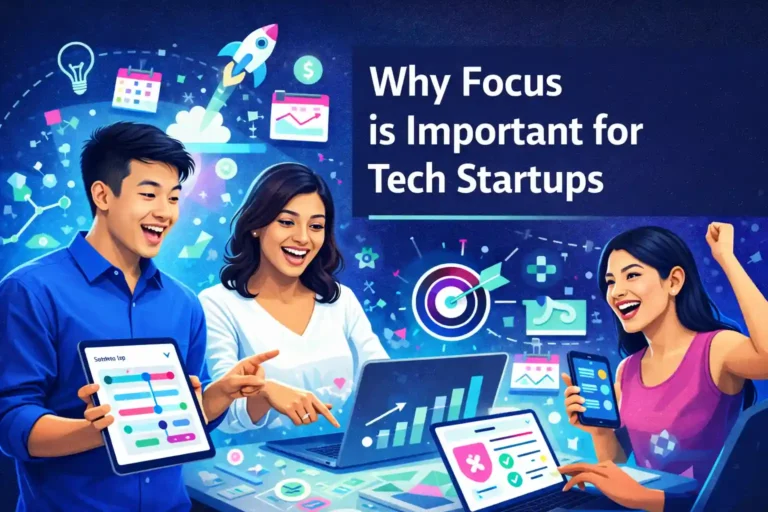Streamlined Personalisation at Scale…
Artificial intelligence (AI) and machine learning (ML) are transforming many industries and business operations, including B2B tech marketing. One of the marketing activities that is changing is the way personalisation is handled. For tech B2B startups, the ability to craft precise, targeted messages to the right companies and personas within those organisations, is invaluable. AI-driven personalisation is enhancing these efforts, helping tech startups engage with prospects, build stronger relationships and drive growth. However, achieving personalisation at scale requires a careful balance between innovative targeting strategies while maintaining data privacy and ethical standards.

Understanding AI-Driven Personalisation
Personalisation leverages data and predictive algorithms to tailor marketing experiences based on individual user behaviour, preferences and attributes. In the B2B tech space, this might involve curating email content, personalising website experiences or creating targeted ads tailored to the specific needs and interests of a business. Unlike traditional marketing, which often casts a wide net, AI helps B2B marketers to deploy hyper-focused campaigns that resonate deeply with niche audiences.
How AI Personalisation Works
The process involves several layers. First, there’s the collection of data. This includes everything from website activity, engagement with emails, content consumption patterns and even purchase history. Then, algorithms and ML models analyse this data to predict needs, preferences and behaviours. These insights drive the automated delivery of personalised content, whether that’s an email drip campaign, a product recommendation or a targeted ad. These methods are most effective for websites with high volumes of traffic, such as e-commerce sites. For small startups with few online visitors, there isn’t as much to be gained, but the principles still apply and can help to improve targeting, engagement and conversion rates.
Top 4 AI Personalisation Techniques for B2B Tech Startups
For B2B tech startups, AI-driven personalisation isn’t just a tool, it’s a competitive necessity. Here’s how AI and ML can be applied across various touchpoints in your customer journey:
1. Account Based Marketing (ABM)
AI can segment accounts based on predictive scoring, intent data, and firmographic details. This segmentation ensures that marketing messages are aligned precisely with the prospect’s pain points industry needs and stage in the buying cycle. For startups, whose initial client base might be small but highly valuable, this precision is key to scaling efficiently.
2. Predictive Lead Scoring
AI can analyse historical customer data to score and prioritise leads based on their likelihood to convert. For early-stage businesses, this removes the guesswork from marketing and sales, ensuring limited resources are focused on the most promising opportunities. Lead scoring is not a panacea, but it can provide a useful indication of a prospect’s purchase intent. In my experience, all lead scoring still requires human review before taking action on the information.
3. Dynamic Content and Emails
Personalisation in content delivery means tailoring messaging, email newsletters, blog recommendations and even website landing pages based on individual user profiles. For instance, a B2B tech startup offering SaaS solutions might use AI to deliver different versions of a product demo video, depending on the viewer’s industry, job role, business size or prior interactions with the brand.
Personalisation goes beyond marketing into sales. Tools like conversational AI chatbots can offer personalised, real-time engagement, guiding prospects to relevant content or connecting them with a sales rep when necessary. Additionally, AI insights can help sales teams understand the most relevant pain points for individual accounts, leading to more effective pitches and smoother sales cycles.
Data Privacy and Ethical Considerations
While these techniques open new and exciting avenues for engagement, they also raise important concerns around data privacy and ethics. As startups increasingly rely on customer data to fuel personalisation, you must navigate the delicate balance between delivering tailored experiences and respecting customer privacy. Regulations like the General Data Protection Regulation (GDPR) in Europe and the California Consumer Privacy Act (CCPA) in the United States impose strict guidelines on data usage. Violations can lead to hefty fines and damage to brand reputation. For any startup, which may be under intense scrutiny as it grows, ensuring compliance from the outset is very important.
Maintaining Standards
One strategy for managing privacy concerns is to focus on transparent data collection. Communicating to customers how their data is being used and offering them control over their preferences is important. It’s also possible to adopt privacy-first AI models that anonymise user data or use aggregated insights to guide personalisation efforts without compromising individual privacy.
Ethical considerations extend beyond just privacy, as AI models can inadvertently introduce biases if the underlying data is skewed. For instance, if a startup’s ML model is trained predominantly on data from a particular industry or demographic, it might miss the mark when targeting a broader audience. Ensuring diverse data inputs and regularly auditing AI models for bias is essential to maintain ethical standards.
Balancing Personalisation with Scalability
Scaling personalisation as the company grows is a challenge. At first, it might be easier to manually segment and personalise content for a small target audience. However, as the business expands across segments and the target base grows, relying solely on manual processes becomes unsustainable. AI-driven tools can help personalisation at scale. Machine learning models continuously refine themselves as more data is ingested, so you can maintain a high level of personalisation.
For example, marketing automation platforms can handle thousands of personalised email journeys simultaneously, each tailored to the specific needs of individual contacts. Tech startups may also consider investing in modular AI tools that can grow alongside the business. Rather than overinvesting in a single solution, a modular approach supports incremental upgrades and integrations. You can then evolve the tech stack in line with the company’s needs.
The Future of AI-Driven Personalisation
We can only expect these tools to become more popular as the technology continues to advance. For startups, staying competitive will mean constant innovation and adaptation. As AI models become more sophisticated, they’ll offer even deeper insights into customer behaviour and preferences, allowing for more granular levels of personalisation.
Developments in AI “explainability” are set to make it easier for marketers to understand and trust the decisions made by AI systems. This transparency will be vital in ensuring ethical practices and building trust with customers. The key for B2B tech startups to leverage AI-driven personalisation lies in balancing technological innovation with ethical responsibility. By doing so, you will enhance marketing effectiveness and build lasting relationships with customers, laying a strong foundation to build upon.
AI as Just Another Marketing Tool
B2B tech startups can now deliver more tailored experiences at scale that resonate deeply with the audience, leading to better engagement and higher conversion rates. However, achieving this level of personalisation requires more than just advanced algorithms. There must be a commitment to ethical data usage, continuous innovation and a strategic approach to scaling as the business grows. All new marketing tools take some time to master and be assimilated before becoming a regular part of the marketing technology stack, and AI is just the same. There are several areas where it can be applied in marketing, and the popularity and application of AI will no doubt continue to grow as the technology becomes better understood, familiar and trusted.
You may want to read: “Why Marketing is the Most Important Activity for B2B Tech Startups.”
